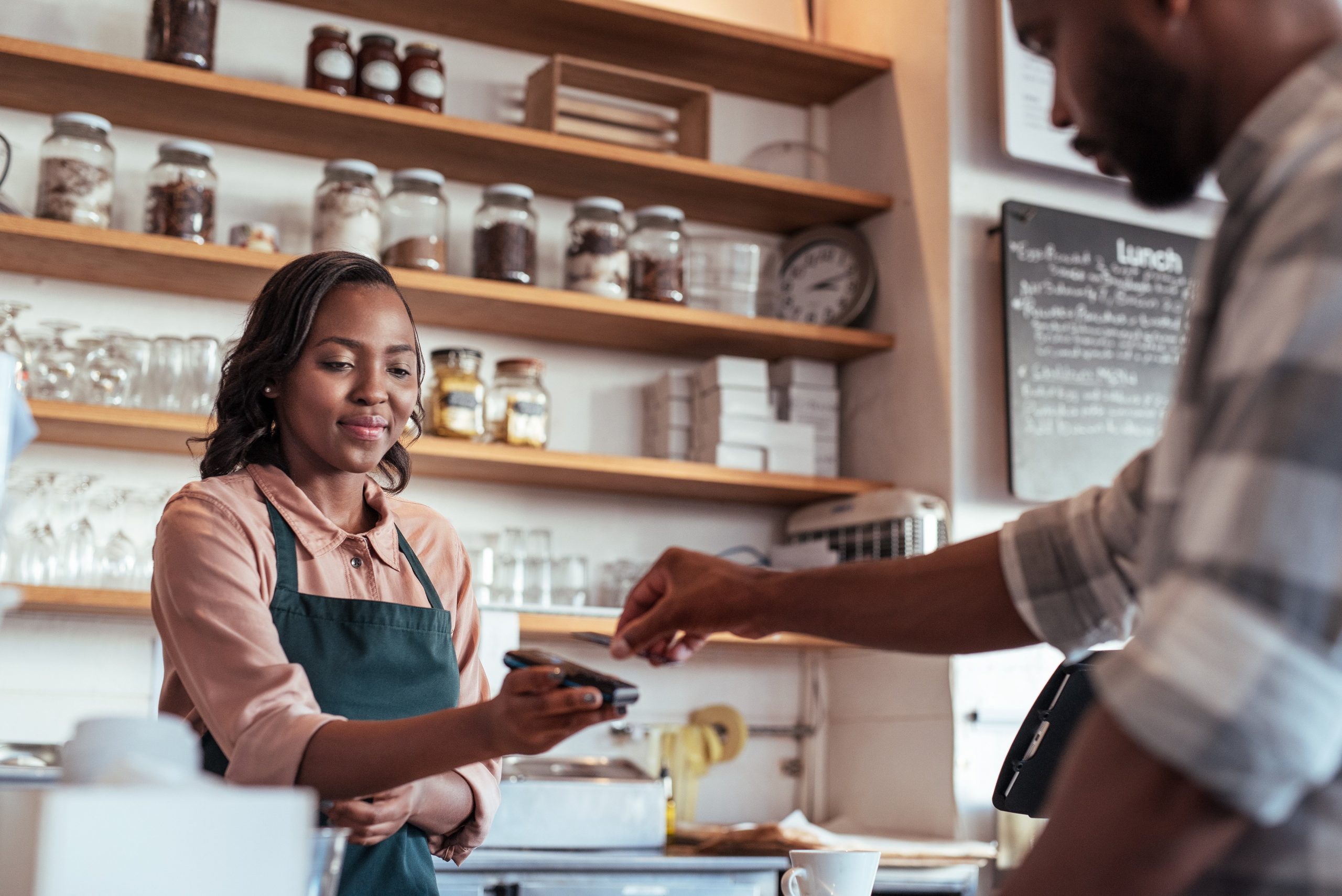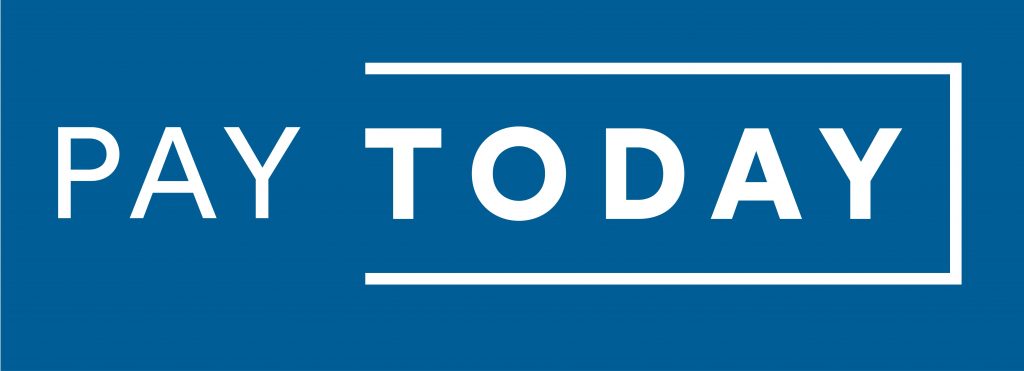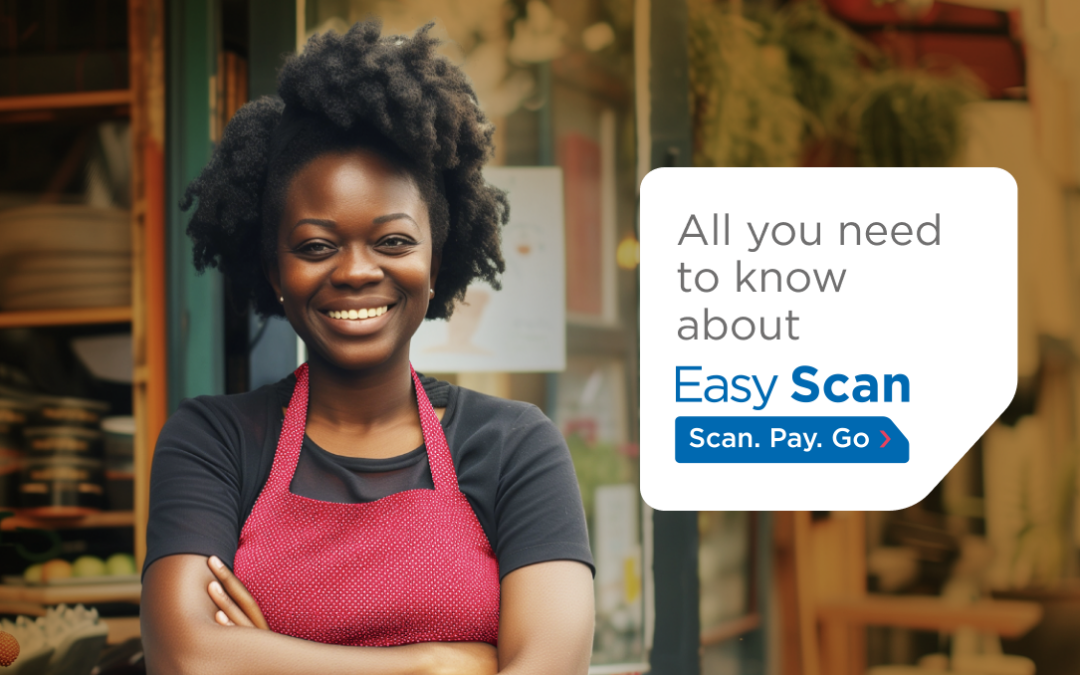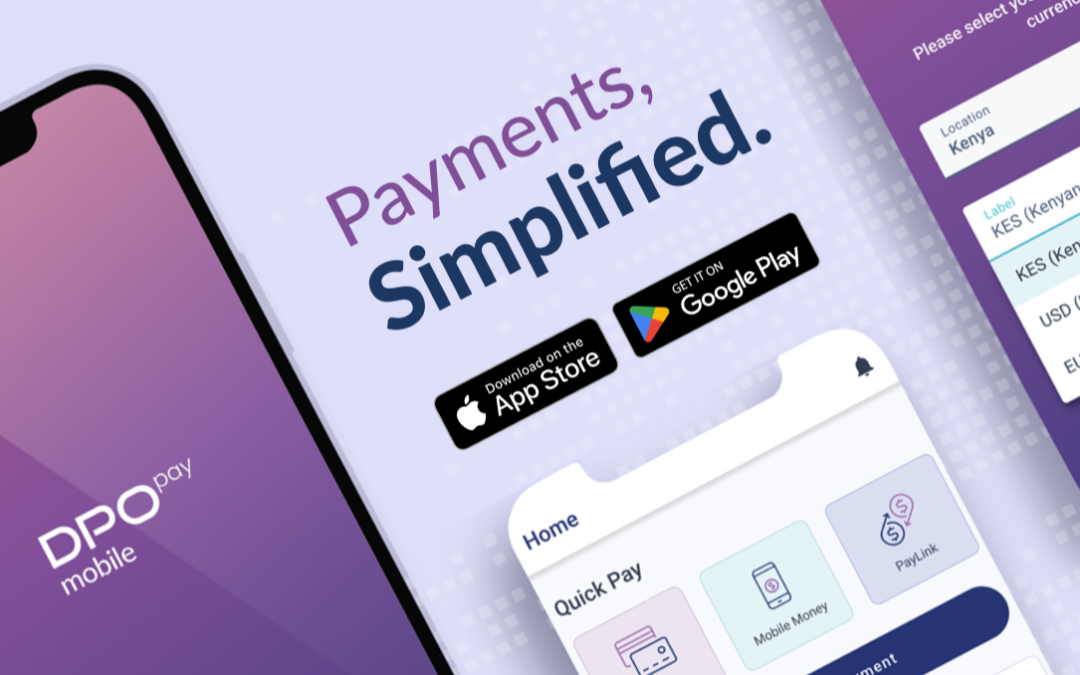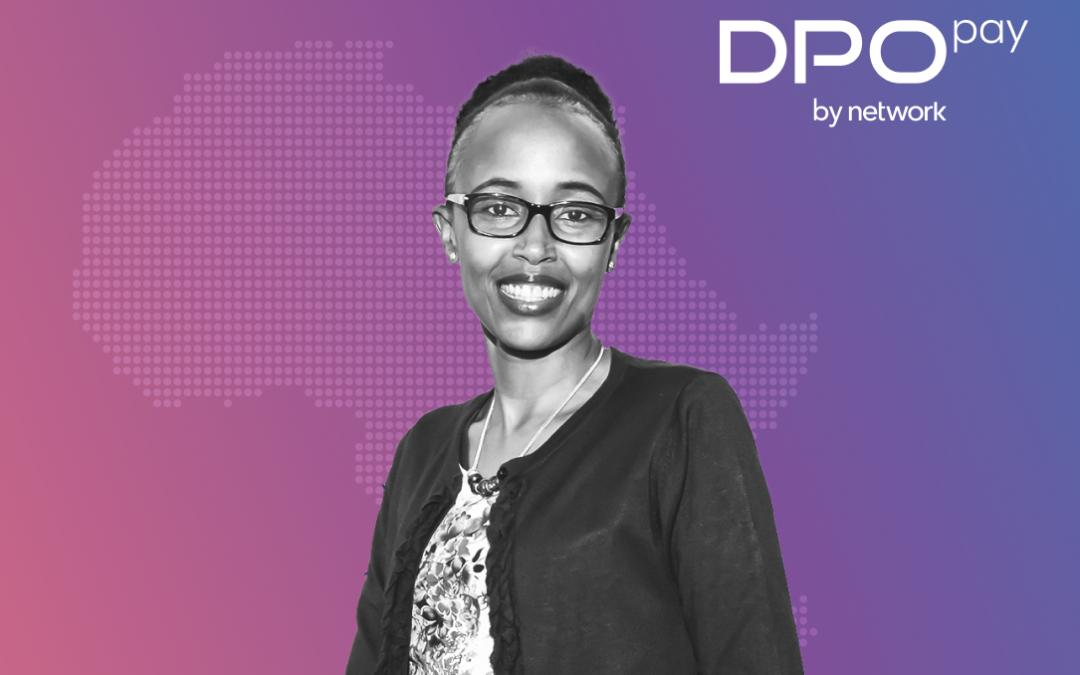Gone are the days of collecting cash and stuffing it under the mattress until you need it: cashless payments – those made with credit, debit, or prepaid cards, or e Wallets– are extremely popular worldwide. Customers prefer the ease and security of carrying these forms of payment in their wallets, rather than bank notes. All around the world, payments made with cash alternatives are on the rise, and Namibia is no exception.
Cashless Payments in Africa
Credit and debit cards have been used in Africa for some time now and are becoming a popular way of making payments. There are many appealing reasons customers now prefer to use credit and debit cards. This includes security and ease of use as well as the availability of funds without needing to make a trip to a bank. With internet banking available from many financial institutions, it is now easier than ever to use and manage funds using cards. Merchants now encourage the use of cashless payment methods, lowering their risks by keeping less cash on hand.
Mobile money is the new frontier of cashless payments. Credit and debit cards aren’t a popular option in Africa – an estimated 80% of the population is not using a formal banking institution. However, according to Eco Bank, sub-Saharan Africa has more than 50% of the world’s active registered mobile money accounts, totalling 100m users. Fintech (Financial Technology) revenues in Africa are predicted to rise to $3bn USD in 2020.
Mobile Payments and e Wallets
70% of people in Africa have access to a mobile phone, yet are not a part of a traditional financial institution. With mobile payments and e Wallets, they are able to use their money in a more secure, reliable, readily available way than carrying cash. With mobile payment solutions, it is possible to purchase products or services online without a credit card.
For those who have cards and loyalty accounts, e Wallets are a great idea. e Wallets – such as Google Pay and Apple Wallet – store cards and loyalty account information all in one place. All information in the wallet is protected by encryption. To pay with a card via phone eliminates the risk of skimming or misplacing the card.
Customers can also use their phones in-store using methods such as NFC (Near Field Communication). With this option, a customer with a mobile wallet on their phone can simply tap the device at the register and transfer the payment to the vendor. This requires a compatible phone and checkout terminal.
Mobile Money a Success in Kenya
Kenya has already begun to set the trend for mobile money with the introduction of M-Pesa. Launched in 2007, M-Pesa (meaning mobile money) brought mobile payments to Africa long before they gained popularity in other parts of the world. It is a service that allows users to deposit, withdraw, transfer or to make payments using their mobile device.
Mobile Wallet Solution for Namibians
PayToday is a payment app that provides Namibians a simple and secure way to make transfers to individuals or pay participating businesses via their mobile app. Cards and bank details are safely stored in the app and available when the payment needs to be made. Registered businesses range from utilities, to booking agencies, mobile companies and ticketing outlets, with more being constantly added.
One of the biggest intros to mobile payments in Namibia was for a commodity much needed and consumed daily – fuel. In Namibia many drivers enjoy the ability to fill their vehicle’s tank without carrying cash or card, by simply paying for fuel with mobile.
Cashless payments are not only a safer, more secure way to process payments, but they save time at the register for both customer and merchant by streamlining processes. To follow big ambitions of countries such as Kenya and India to drive toward a cashless society means offering a chance at financial legitimacy to all of its citizens. It enables people to send, spend, and save money in a more secure way and gives access to a broader range of goods and services to meet their needs.
